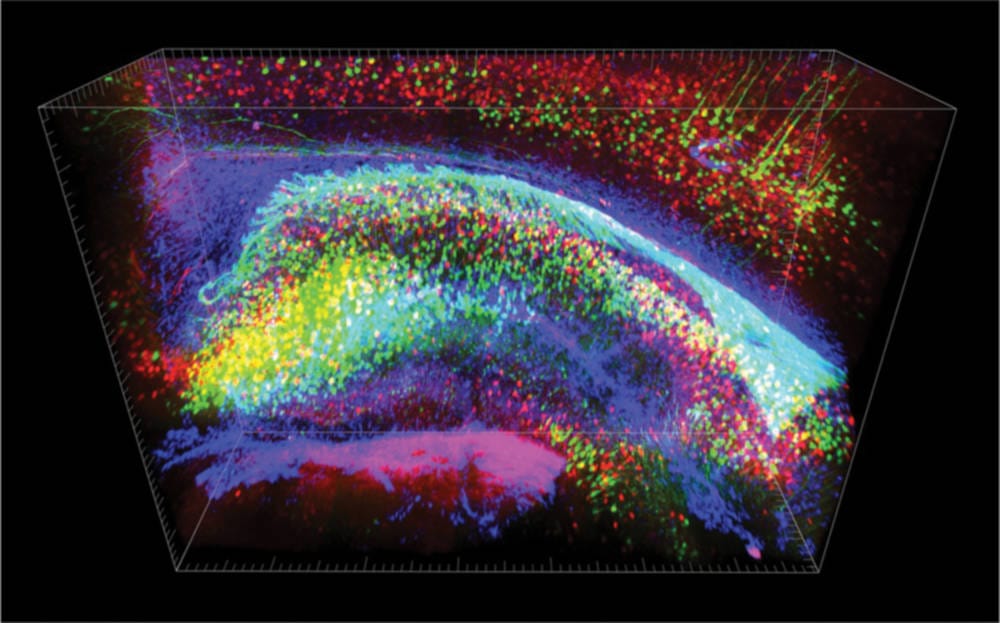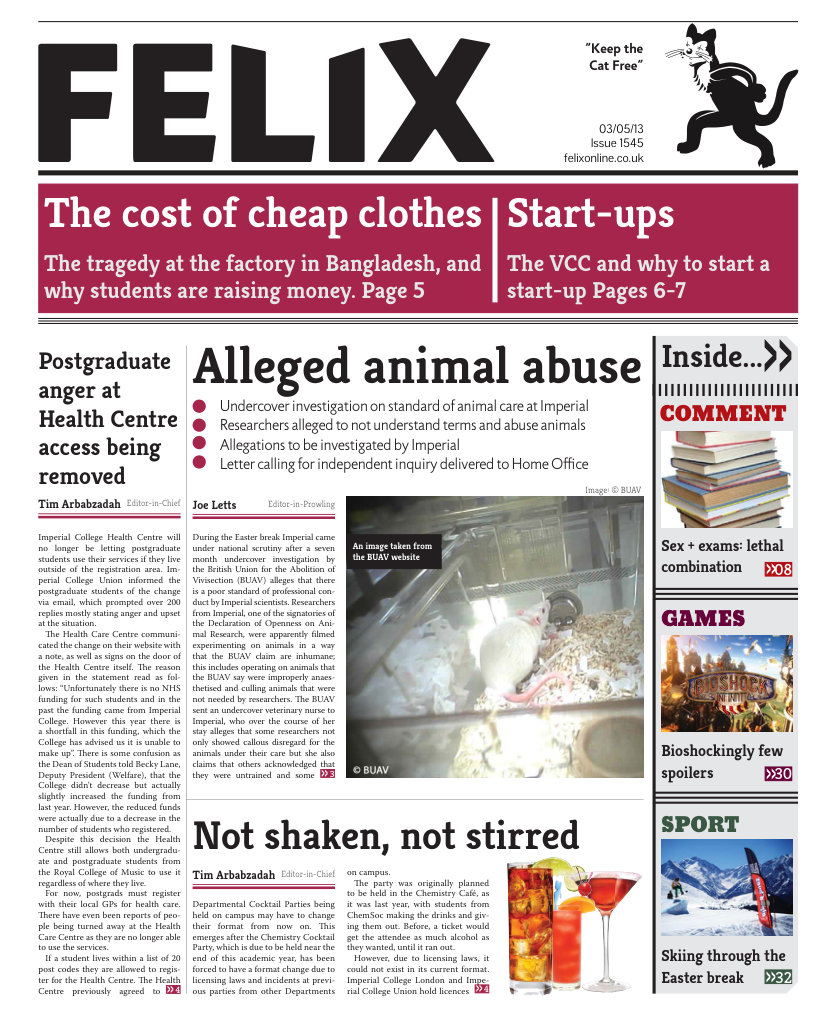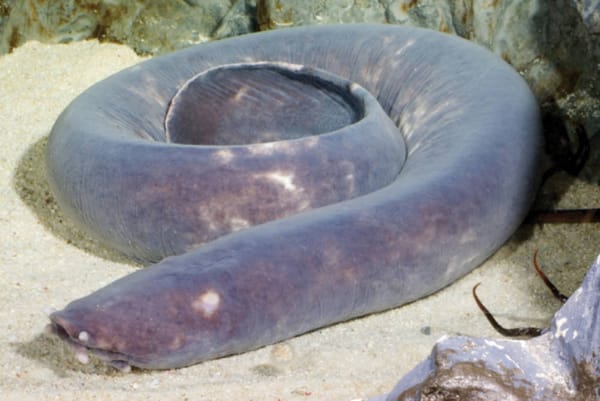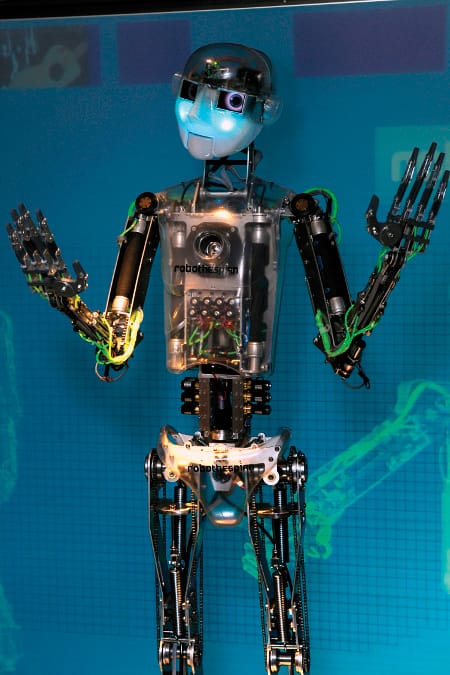Need to clear your head?
Philippa Skett on the new imaging technique that is sweaping labs nationwide

Do you ever find yourself walking along the street, daydreaming away, and then suddenly wonder what if people around you could hear what you were thinking? What if complete strangers could see into your head, listen to your thoughts and leave no stone of your conscience unturned? With the recent advances in tissue imaging, your brain can now be as transparent as a gold fish bowl, but relax- your secrets will still remain safe for the foreseeable future.
A new technique developed by a team in Stanford University in America, known as CLARITY, holds the key to giving us the clearest insight yet into the structure of the brain. It is centred on the application of a detergent known as SDS to tissue to make both transparent and chemically permeable. SDS removes lipid molecules that usually make tissue opaque by stopping light passing through, leaving tissues clearer than ever seen before and ready for further treatment.
With previous attempts at stripping away lipid molecules resulting in protein damage, CLARITY smoothly overcame this by also infusing the tissue with acrylamide, the same plastic used to make false nails. The acrylamide is heated and is transformed into a type of brain scaffolding, holding all the important proteins and other biomolecules in place as the lipids are then stripped away.
This leaves an immaculately transparent organ, which can be stained or treated with molecular markers to show different cell types and their functions. Whole signalling pathways can be visually mapped – useful for identifying possible structural causes for neurological malfunctions.
CLARITY is not suitable for living tissue but for deceased samples, and will be useful for preserving delicate specimens such as organs suffering from rare or particularly damaging diseases. Whole libraries of preserved brains could be made to display various progressions of neurodevelopment or model rare or incurable diseases. Instead of books you could borrow these transparent brains, study them then bring them back. As grisly as that may sound, it could infinitely aid neurological research and bring us one step closer to figuring out crucial cures for disorders.
The brain has always been a mystery to humans both biologically and philosophically – although it was Descartes who identified thought as synonymous with existence with his famous quote “I think, therefore I am,” little else has been agreed on since. The translation between experience, memory storage, and recall is still not understood; computers may code their memory in binary digits but the brain’s coding of our thoughts is still a mystery. Until this crucial code is cracked, even the most intricate map of our mind on a cellular level will still not reveal those secrets we don’t want to share. We may be able to see the circuit board, but we will still be unable to decipher the files.
So unless the blueprint of our brain can be fully understood and not just mapped in a whirl of rainbow colours, those daydreams will still remain yours. Strangers in the street need not ever know just what you are thinking, unless you are inclined to go up to them and tell them so yourself. No amount of transparent tissue is going to change that – at least, not for a while yet.
DOI :10.1038/496151a









